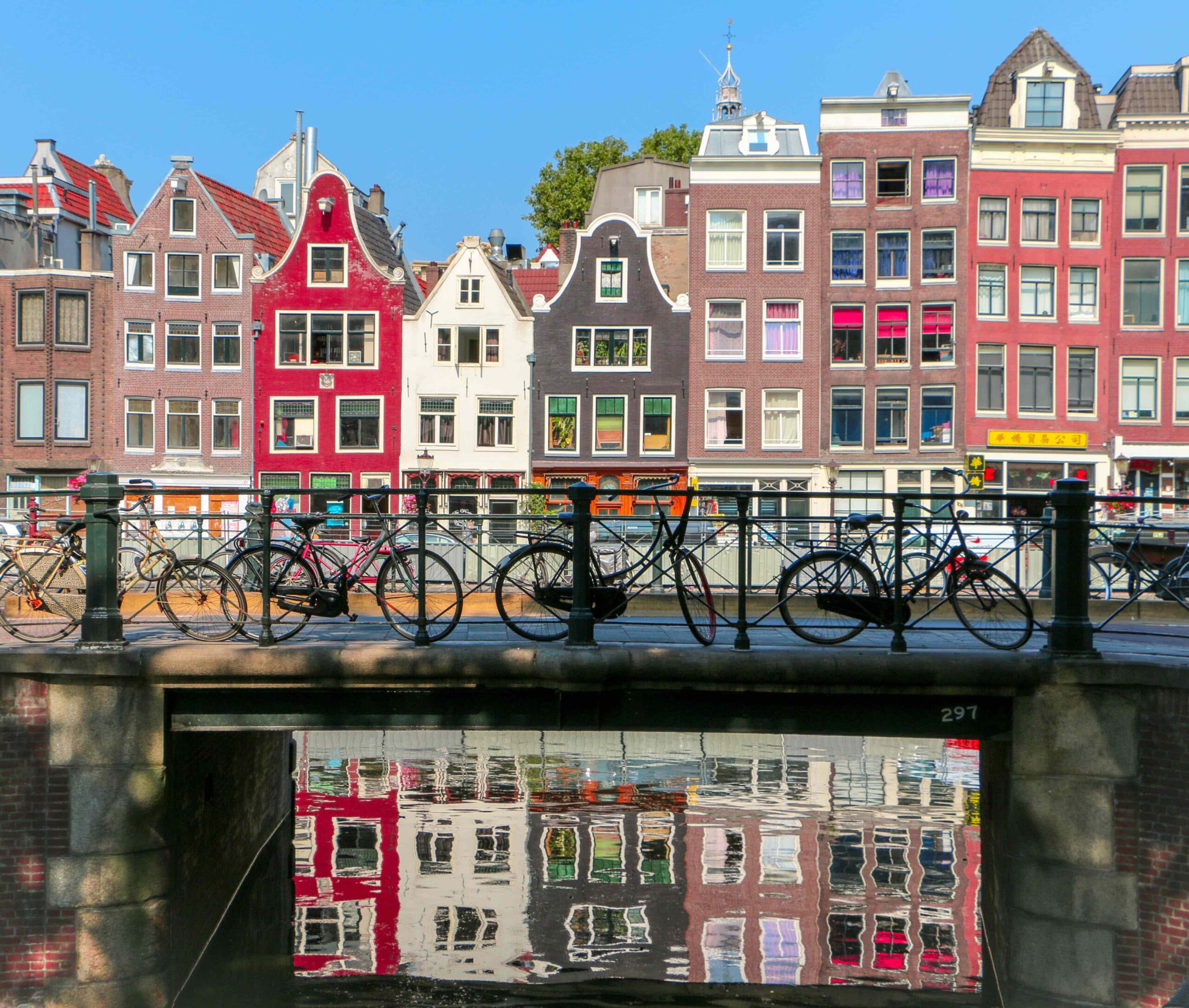Our network in Europe
About EUKN Members
With a strong track record as a valued partner for our members, the EUKN is deeply involved in European urban policy-making. As a platform for vital knowledge exchange on urban themes, the EUKN supports national governments in contributing to the economic, environmental and social success of Europe. We do this by working at the nexus of urban policy, research and practice, collaborating with an extensive network of urban development specialists.
Albania
Austria
Belarus

Belgium
Belgium’s urban policy is based on the principles of the New Leipzig Charter and on the UN Sustainable Development Goals. It aims to reinforce the exchange of best practices in Belgium and abroad by financing research and meetings on urban topics.
Bosnia
Bulgaria
Croatia
Cyprus

Czech Republic
Czechia’s National Urban Policy constitutes an integral part of their regional development policy. Guided by its Principles of Urban Policy framework document and the Regional Development Strategy, Czechia aims for a polycentric, inclusive, and equity-orientated urban development.
Denmark
Estonia
Finland

France
The French National Urban Policy, the Politique de la ville (City Policy), is specifically targeting deprived areas faced with socio-economic difficulties, so-called priority districts. It is characterised by a multi-partnership approach in the form of city contacts that are signed by the State, inter-municipality bodies and the concerned municipalities.

Germany
Germany’s National Urban Development Policy is a joint initiative of the federal, state and the local level. Its main strategic basis is the 2007 Leipzig Charter on sustainable European cities, which champions the notion of integrated urban development. The successor document, the 2020 New Leipzig Charter, emphasises the transformative power of cities for the common good.
Greece
Hungary
Iceland
Ireland
Italy
Kosovo
Latvia
Lithuania
Luxembourg
Macedonia
Malta
Moldavia
Montenegro

Netherlands
The ‘Dutch Approach’ to urban development is a combination of fostering self-reliance and caring for the vulnerable, alongside striving for economic growth. While urban development is part of a broader policy, the National Strategy on Spatial Planning and the Environment (‘NOVI’) is the long-term vision on the future development of the country’s living environment. Its place-based approach strives to integrate urban, regional and rural policy.
Norway

Poland
Poland’s National Urban Policy is a strategic implementation tool that addresses cities directly. It aims to strengthen urban areas’ capacity to develop sustainably, create jobs and improve citizens’ quality of life. Emphasising place-based approaches, its main focus areas include spatial development, public participation, transport and urban mobility, energy efficiency, and adaptation to climate change.
Portugal
Romania
Russia
Serbia
Slovakia

Slovenia
The principles and objectives of a National Urban Policy are integrated into Slovenia’s national Spatial Development Strategy. The Strategy strives for a balance between competitiveness and cohesion, with cities playing particular roles as they contribute to polycentric development and higher competitiveness of a national territory, while providing fair access to jobs and services, public infrastructure and mobility services.

Spain
Three levels of government are involved in the design and implementation of urban policies in Spain: the central government, the Autonomous Regions (Comunidades Autónomas), and local administrations. In February 2019, a new National Urban Policy was approved: the Spanish Urban Agenda.
Sweden
Switzerland
Turkey
Ukraine
United Kingdom
Become a EUKN Member
If you are an urban policy representative from a Member State that is not yet part of our network, we would be delighted to welcome you as an EUKN Member.
Join our network





